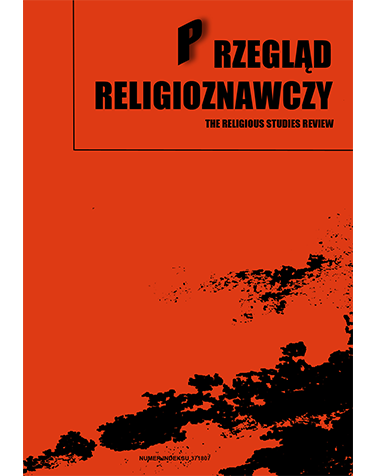Gnostycyzm jako początek zachodniej tradycji ezoterycznej. Dwa świadectwa z okresu dwudziestolecia międzywojennego
Słowa kluczowe:
Polski ezoteryzm, gnostycyzm, manicheizm, Édouard Schuré, Marian MorawskiAbstrakt
Autorzy współczesnych opracowań na temat ezoteryki zachodniej często mówią o niej – w swoim imieniu lub przytaczając opinie źródeł – jako o swego rodzaju tradycji ezoterycznej, na początku której znajduje się późnostarożytny gnostycyzm lub hermetyzm, a jednym z najważniejszych ogniw są rodzące się na przełomie XIX i XX wieku teozofia i antropozofia . W związku z tą obserwacją oraz z moimi badaniami na temat zainteresowania gnostycyzmem i manicheizmem w polskich publikacjach non-fiction w latach 1890-1939, postanowiłem zbadać, jak ówcześni (tj. osoby zainteresowane ezoteryką na przełomie XIX i XX wieku jako jej zwolennicy lub przeciwnicy) postrzegali to zjawisko duchowo-religijne. Czy rzeczywiście rozumieli je jako tradycję? Jeśli tak, to z jakich ogniw miała się składać? Jaka jest jej bliższa charakterystyka? Jaką rolę odgrywali w niej starożytni gnostycy?
